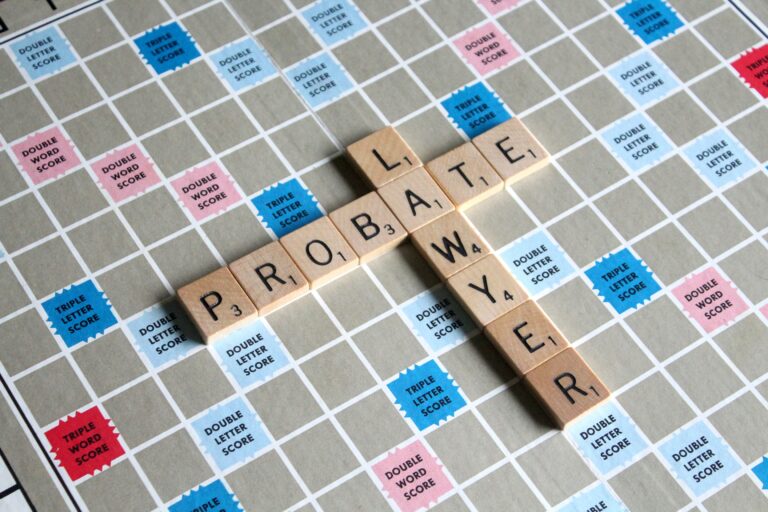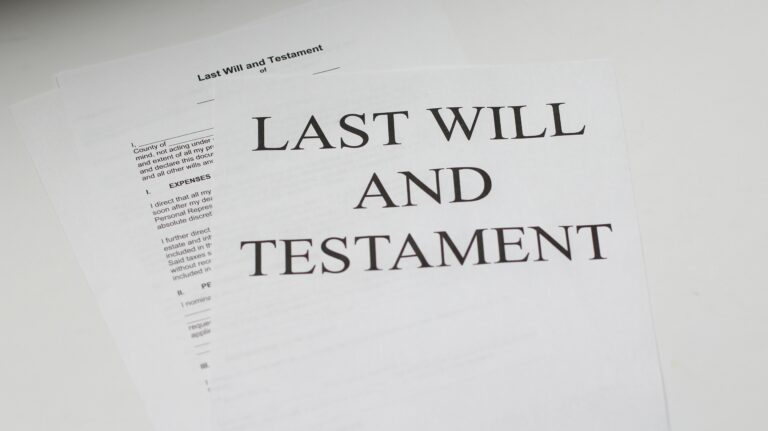
How Can I Minimize My Probate Estate?
Having a properly prepared estate plan is especially important if you have minor children who would need a guardian, are part of a blended family, are unmarried in a committed relationship or have complicated family dynamics—especially those with drama. There are things you can do to protect yourself and your loved ones, as described in the article “Try these steps to minimize your probate estate” from the Indianapolis Business Journal.
Probate is the process through which debts are paid and assets are divided after a person passes away. There will be probate of an estate whether or not a will and estate plan was done, but with no careful planning, there will be added emotional strain, costs and challenges left to your family.
Dying with no will, known as “intestacy,” means the state’s laws will determine who inherits your possessions subject to probate. Depending on where you live, your spouse could inherit everything, or half of everything, with the rest equally divided among your children. If you have no children and no spouse, your parents may inherit everything. If you have no children, spouse or living parents, the next of kin might be your heir. An estate planning attorney can make sure your will directs the distribution of your property.
Probate is the process giving someone you designate in your will—the executor—the authority to inventory your assets, pay debts and taxes and eventually transfer assets to heirs. In an estate, there are two types of assets—probate and non-probate. Only assets subject to the probate process need go through probate. All other assets pass directly to new owners, without involvement of the court or becoming part of the public record.
Many people embark on estate planning to avoid having their assets pass through probate. This may be because they don’t want anyone to know what they own, they don’t want creditors or estranged family members to know what they own, or they simply want to enhance their privacy. An estate plan is used to take assets out of the estate and place them under ownership to retain privacy.
Some of the ways to remove assets from the probate process are:
Living trusts. Assets are moved into the trust, which means the title of ownership must change. There are pros and cons to using a living trust, which your estate planning attorney can review with you.
Beneficiary designations. Retirement accounts, investment accounts and insurance policies are among the assets with a named beneficiary. These assets can go directly to beneficiaries upon your death. Make sure your named beneficiaries are current.
Payable on Death (POD) or Transferable on Death (TOD) accounts. It sounds like a simple solution to own many accounts and assets jointly. However, it has its own challenges. If you wished any of the assets in a POD or TOD account to go to anyone else but the co-owner, there’s no way to enforce your wishes.
An experienced, local estate planning attorney will be the best resource to prepare your estate for probate. If there is no estate plan, an administrator may be appointed by the court and the entire distribution of your assets will be done under court supervision. This takes longer and will include higher court costs.
Reference: Indianapolis Business Journal (Aug. 26,2022) “Try these steps to minimize your probate estate”






